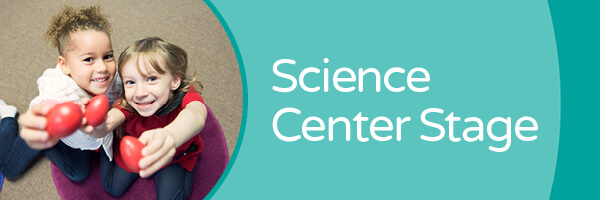[vc_row][vc_column][vc_column_text]Over the past month we have touched on music’s role in enhancing the learning experience, its power to transform lives, and how it benefits social and cognitive development. Today, Dr. Boyle touches on music’s impact on children who are differently abled. [/vc_column_text][vc_separator][vc_column_text]I’m not above getting personal. I have mild dyslexia, which made reading difficult as I grew up. Actually, it still does. But the most difficult challenge to my learning was ADD. Despite dealing with it in one way or another while growing up, I wasn’t officially diagnosed until working on my doctorate. The coping mechanisms I had developed when I was young just weren’t cutting it with the higher level of work. Admitting to myself that there was a challenge was…well…a challenge! Once I asked for help, the support system at Rutgers University was tremendous. I can tell you this: music – just listening to music while studying – helped me tremendously. You’d think I would have realized that as it’s my field! But music’s impact on learning challenges goes beyond the benefits gleaned by simply listening.[/vc_column_text][vc_column_text]

[/vc_column_text][vc_column_text]Dr. Oliver Sacks, the late author and neurologist, once said, “Nothing activates the brain so extensively as music.” In his book, Musicophillia, he relates the power of music in reducing tics in patients with Tourette Syndrome and reaching those with autism. Last year, we featured this video – the powerful story of music’s impact on students in need of specialized instruction in Bowling Green, Kentucky.
[/vc_column_text][vc_video link=”https://www.youtube.com/watch?v=5QSK8guVJuU”][vc_column_text]My wife, Jane (an elementary music specialist), sees the impact regularly. Jane had a nonverbal student on the Autism Spectrum in her class. After repeated exposure to the class’s “Hello” song (those ever popular transition rituals), she began to take part, singing along with the tune. In the moment, Jane locked eyes with the student’s learning support aid and mouthed the question, “Is she singing along?!”
Stunned, the aide mouthed back, “Yes!”
It was an emotional moment. I recall Jane coming home that day and sharing the story with me. I wept. So did Jane. Seeing that child make a connection, coming out of her shell, was a career highlight she carries with her still.
This child was seven. Research indicates that early contact with regular music making can tremendously impact the learning and social processes of children with developmental challenges.
Impact. I keep using that word. I’ve resisted reaching for my thesaurus – the word is simply too perfect. Music is a force, and that force is unstoppable in its power to change, improve, connect, and enhance the lives of all it touches. That, friends, is a true impact.[/vc_column_text][/vc_column][/vc_row]

